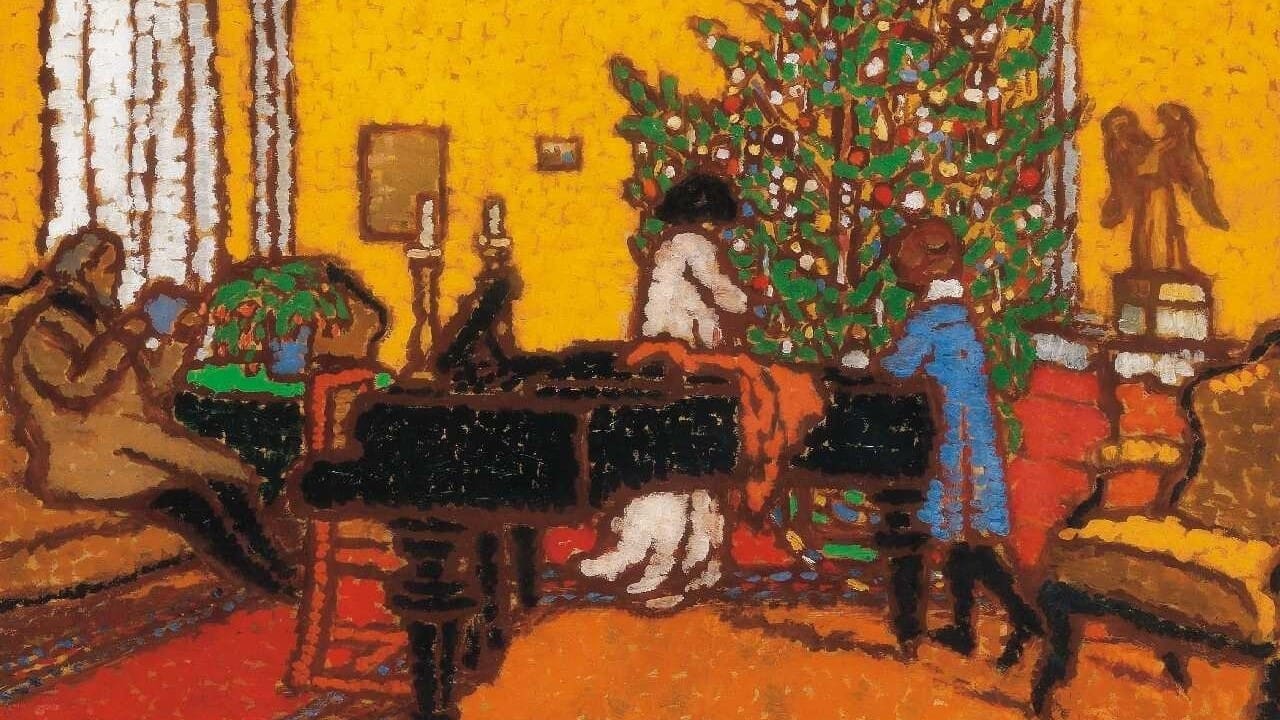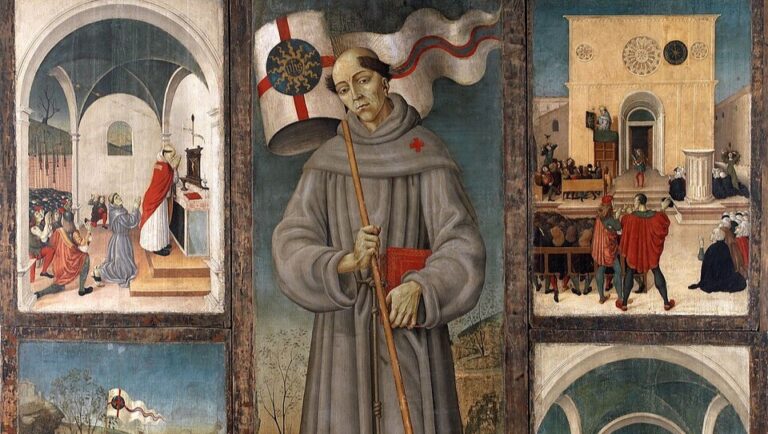The festive season is nothing without music—but while shopping centres in the United States are filled with the melody of ‘All I Want for Christmas is You’ by Mariah Carey, Hungarians prepare for and enjoy the holidays singing and listening to very different tunes.
The Hungarian Variation of an English-language Favourite, ‘Twinkle, Twinkle, Little Star’: ‘Hull a Pelyhes’
The popular French children’s song, ‘Ah! vous dirai-je, maman’, known in English as ‘Twinkle, Twinkle, Little Star’ is just as famous in Hungary as in other parts of the Western world. The Hungarian variation of the ‘Ah! vous dirai-je, maman’, that was popularized across Europe by Wolfgang Amadeus Mozart’s Twelve Variations on ‘Ah vous dirai-je, Maman’, is known as the ‘Hull a pelyhes’. The lyrics of ‘Hull a pelyhes’, written by composer Ernő Rossa (1909–1972), describes children’s excitement as they await the arrival of the Mikulás, that is, Santa Claus. The singing children ask Santa to arrive and bring sweets for them, filling their shoes with little presents. ‘Hull a pelyhes’ is a song every Hungarian child knows and is regularly performed at the Christmas performances of kindergartens and elementary schools:
Hull a pelyhes fehér hó – Hepehupa gyerekdalok
No Description
Kiskarácsony, Nagykarácsony — A Beautiful Christmas Folk Song from Northern Hungary
The title of the song literally means Little Christmas, Big Christmas, and was first recorded by Hungarian composer Zoltán Kodály, most well-known for the so-called Kodály Method. In 1922, he came across it while travelling in Nógrád Country collecting folk songs from the region. This simple but beautiful song is something most Hungarians grow up with and that small and big alike invariably sing while admiring the Christmas tree on Christmas Eve. The term kiskarácsony is an old Hungarian folk expression denoting the first day of the New Year.
No Title
No Description
The Angel from Heaven — A Song of Light and a Poem of Hopelessness
‘The Angel from Heaven’ is probably the oldest known Hungarian Christmas song, a melody that every Hungarian speaking child and adult alike knows. The pastoral song describes how an angel rejoices about the birth of Christ and announces it to shepherds summoning them to Bethlehem. The religious song describes the adoration of the shepherds as they bring presents and praise the birth of Jesus. The song has been popular in Hungary for hundreds of years– so much so that it even inspired the famous Hungarian writer, Sándor Márai to write a poem with the same title. Márai’s ‘The Angel from Heaven’— which Hungarian Conservative has already written about—mourns the defeat of the 1956 Revolution and Freedom Fight. Márai’s tragic recital of the devastation that left the country with no hope is in sharp contrast with the original song’s joyful narrative that celebrates the arrival of light and hope symbolized by Jesus to the world:
‘Angel from Heaven, do rush, don’t rest,
Hurry to smouldering Budapest.
Go to where, among the Russian tanks,
The silent bells give no sound of thanks.
Where there’s no Christmas sparkle to please,
Where nuts painted gold don’t hang on trees,
There’s nothing but hunger, shivers, cold,
Do speak so they will grasp what you told.
Split with your voice the night asunder:
Angel, carry news of the wonder.’ (Translated by Leslie Ak. Kery)
Hungarian Christmas Songs (Mennyböl az Angyal) HD
No Description
Sándor Weöres’ Playful Children’s Songs: ‘Sleigh Bell’ or ‘Száncsengő’
Sándor Weöres is a famous Hungarian poet who is mostly known for his works specifically written for children. The extremely playful selection of words, the natural rhythm of the rhyming syllables makes his poetry easily learnable for children. His numerous poems about animals, imaginary lands and sweets makes him a very popular poet among children – celebrations, and especially Christmas was a returning topic in his works. Albeit few of his Christmas-themed poems are translated to English, József Váradi did translate the ‘Yuletide Sweets’ to English:
Candlelight,
hopeful, bright,
Christmas baker’s warm delight.
I recall when I arrived,
where the sky lays down its treasure,
offers it free, for our pleasure,
gentle stars, shedding sparkles
showering down through the night.
Candlelight,
hopeful, bright,
Christmas baker’s warm delight.
Later on I happened on
a house with plates overflowing,
dancers swirling, songs a-glowing,
tended to by throngs of angels
shepherding the Yuletide cheer.
Candlelight,
hopeful, bright,
Christmas baker’s warm delight. (Translated by József Váradi)
Even more famous from Sándor Weöres’ Christmas-themed poetry the ‘Sleigh Bell’ or Száncsengő. The musical poem describes how the ringing bell of Santa Claus’ Sleigh breaks the silence of a calm winter day:
No Title
No Description
A European Favourite – Silent Night
There are few Christmas songs so well known as ‘Silent Night’ that has been translated to 300 languages world-wide. The song that is inscribed on the UNESCO Intangible Cultural Heritage list was written in Austria by Joseph Mohr soon after the Napoleonic Wars. The song that was famously sang by British and German soldiers during the Christmas Truce of 1914 brings a moment of peace and joy to all of our homes during the holidays. Much like in other European countries, ‘Silent Night’ is an inseparable part of Hungarian Christmas celebrations too:
Csendes éj (dalszöveggel – lyric video)
No Description








